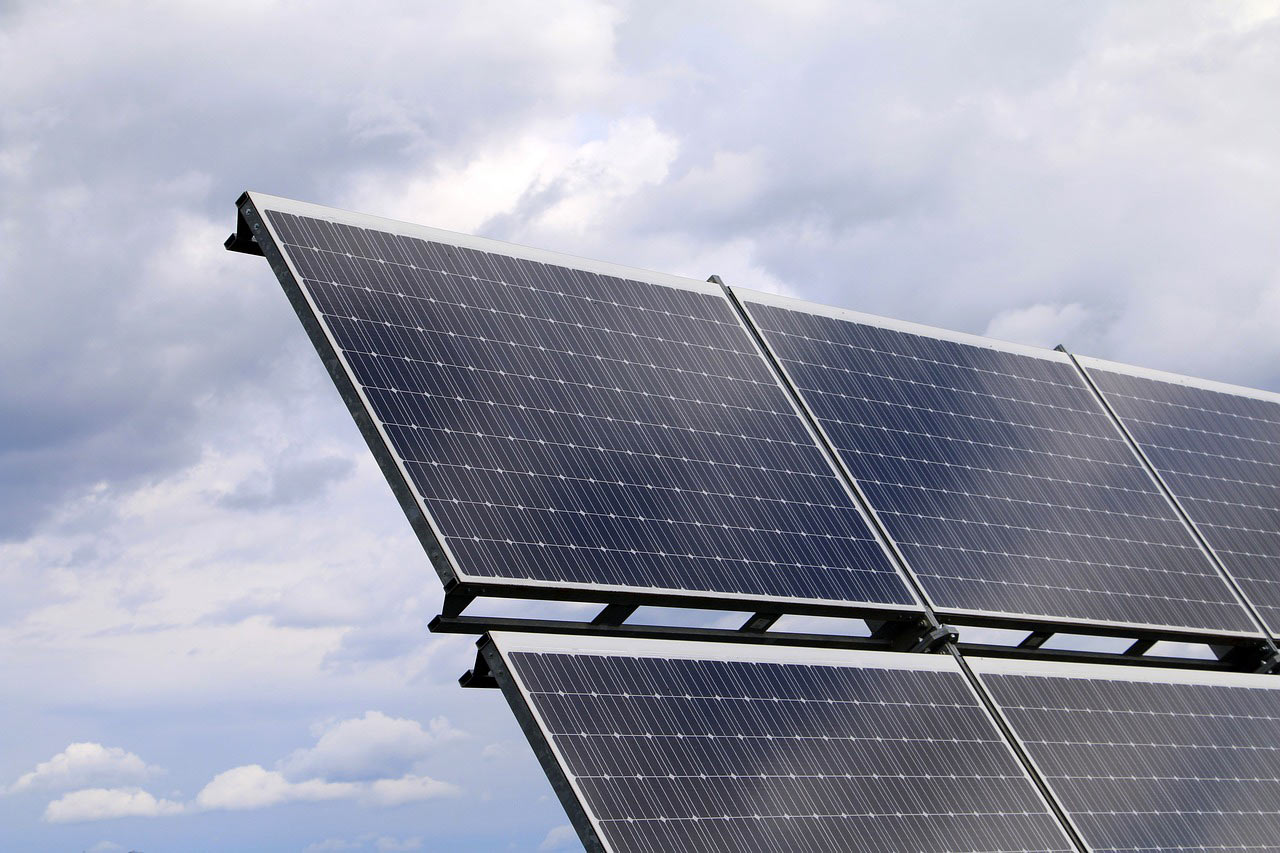Fuel cells are one of the most effective technologies for energy conversion known so far and have the potential to significantly contribute to future decentralised electric power grids with a variety of technical advantages. In particular, stationary fuel cells will be able to reduce CO2 emissions as well as dependencies on fossil fuels. Furthermore, they may help to compensate efficiently load variations in the power grid caused by fluctuating renewable energy generation, e.g. from solar or wind energy sources.
Since high production costs hamper the market penetration of fuel cells, one of the most effective technologies for energy conversion, the multi-national and inter-sectoral consortium of the SOSLeM project is determined to improve production processes as well as developing and applying novel manufacturing technologies for solid oxide fuel cell stacks (SOFC), paving the way into a green future.
The SOSLeM project aims at reducing manufacturing costs for fuel cell stacks while at the same time making production more resource efficient and realising environmental benefits. Specifically, the project will develop new and optimised processes for the production of the fuel cell cassettes by lean manufacturing processes, improved sealing adhesion on cassettes, using anode contact layer laser welding and automation of the welding process. Furthermore, SOSLeM strives to improve stack preparation by advanced glass curing and stack conditioning and improved gas stations and enable environmental benefits by on-site nickel removal from waste water. In addition, the project will reduce production time and costs and improve flexibility by large furnace arrange¬ment, introducing a multi-stack production station. These improvements will sum up to a reduction of manufacturing costs of about 70%, leading to decreased capital costs of about 2.500 €/kW.
For more information: www.sesino.it






